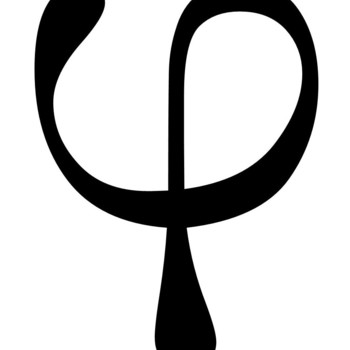According to Integration by Parts:
#intuvdx#, where #u# and #v# are functions, is given by:
#uintvdx-intu'(intvdx)dx#
Here, #u=e^(3x)# and #v=sin(4x)#, so we can say:
#inte^(3x)sin(4x)dx=e^(3x)intsin(4x)dx-int(d/dx(e^(3x)))(intsin(4x)dx)dx#
Here, we must calculate, first:
#intsin(4x)dx#. According to Integration by Substitution:
#intf(g(x))g'(x)dx=intf(u)du#, where #g(x)=u#.
Here, #g(x)=4x#. The derivative of #4x# is #4#, so we can rewrite the integral as:
#1/4intsin(u)du#
#=1/4(-cos(u))#, but as #u=4x#, we input:
#=-1/4cos(4x)#. We can input these into our original integral:
#e^(3x)*-1/4cos(4x)-int(d/dx(e^(3x)))(-1/4cos(4x))dx#
#d/dxe^(3x)=3e^(3x)#, so we can rewrite:
#-1/4e^(3x)cos(4x)-int-3/4e^(3x)cos(4x)dx#
#-1/4e^(3x)cos(4x)-(-3/4inte^(3x)cos(4x)dx)#
Well, look at what we get. Integrate by parts again:
We'll concentrate on the integral.
#e^(3x)intcos(4x)dx-int(d/dx(e^(3x)))(intcos(4x)dx)dx#
#intcos(4x)dx=1/4sin(4x)#, as we saw earlier. Do the exact same thing, but #intcos(u)du=sin(u)#, while our other integral gave us #-cos(u)#. So we now have:
#1/4e^(3x)sin(4x)-int3/4e^(3x)sin(x)dx#
#1/4e^(3x)sin(4x)-3/4inte^(3x)sin(x)dx#
We're back. A never ending loop, doesn't it seem like? But remember, altogether, we have:
#-1/4e^(3x)cos(4x)-(-3/4(1/4e^(3x)sin(4x)-3/4inte^(3x)sin(x)dx))#
#3/4((e^(3x)sin(4x))/4-(3inte^(3x)sin(x)dx)/4)-(e^(3x)cos(4x))/4#
#(3e^(3x)sin(4x)-9inte^(3x)sin(x)dx-4e^(3x)cos(4x))/16#
We really don't seem to be going anywhere with this. But remember, all of what we just wrote can be equated to #inte^(3x)sin(4x)dx#. So:
#inte^(3x)sin(4x)dx=(3e^(3x)sin(4x)-9inte^(3x)sin(x)dx-4e^(3x)cos(4x))/16#, or:
#16inte^(3x)sin(4x)dx=3e^(3x)sin(4x)-9inte^(3x)sin(x)dx-4e^(3x)cos(4x)#
We see two integrals of #e^(3x)sin(4x)#! A break! Simple algebra is all that's left to do.
#16inte^(3x)sin(4x)dx+9inte^(3x)sin(4x)dx=3e^(3x)sin(4x)-4e^(3x)cos(4x)#
#25inte^(3x)sin(4x)dx=e^(3x)(3sin(4x)-4cos(4x))#
And finally, we have:
#inte^(3x)sin(4x)dx=1/25e^(3x)(3sin(4x)-4cos(4x))#
Done. Hallelujah.


